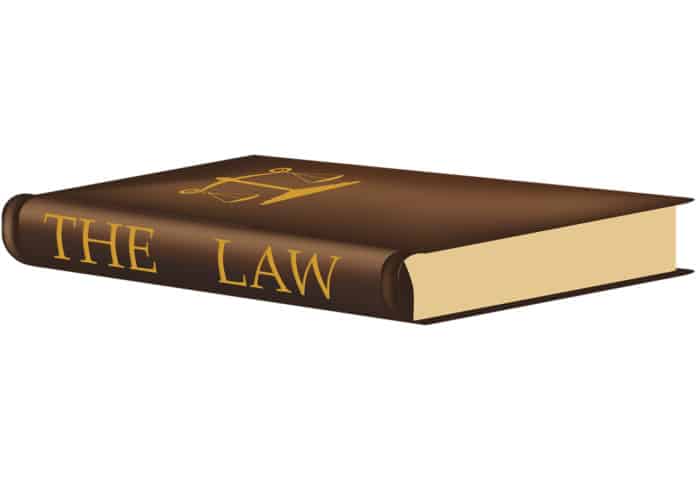Last Updated on February 24, 2021 by The Health Master
The taskforce constituted by Patient Safety & Access Initiative of India Foundation (PSAIF) now sees the need for a major transformation on the drug regulatory landscape.
Calling for the Drugs and Cosmetics Act to be renamed as the Medicines, Medical Devices, Technologies & Cosmetics (MMDTC) Act, 2021, it insists that medical devices and Ayush need to be separate verticals under the Central Drugs Standard Control Organisation (CDSCO), which should include domain experts.

To read more about Medical Devices, click here
The task force has also seen the need for a single regulatory authority for modern medicine and Ayush. They are of the view that with one regulatory authority, there is need for separate verticals with competent personnel who have an understanding of the sector.
We are seeing those who do not have an expertise in medical devices or Ayush are framing the polices. Only presence of domain competent people can help understand the challenges of each sector.
Also read:
Latest Notifications: Blood Centre / Bank
Excess MRP on medicines: Health activists ask Govt to intervene
The advisory committee the CDSCO will need knowledgeable and experienced personnel to deliberate and convince the need for certain policy driven aspects, Bejon Misra, founder, PSAIF told.
This administrative restructuring can expedite decision-making. Here PSAIF by bringing together all stakeholder inputs to place it before the committee which is looking into the amendment of the Drugs & Cosmetics Act, he added.
Further, the Foundation also sees that the amended D&C Act needs to give a lot of attention to patient safety, drug recall and proper prescription practices prevail across systems of medicine.
Even cross practices should be prevented ensuring allopathy and Ayush practitioners stick to their education and experience in patient care.
Strong action should be initiated against violators and quackery should be well defined.
The government is now implementing the Health and Wellness Centres (HWCs) under the Ayushman Bharat programme which will see modern medicine doctors and traditional medicine practitioners co-exist and ensure adherence to only their systems of practice, he said.
India’s drug regulations never had a recall system. In order to be on par with global best practices, assure safety, quality and efficacy at all stages of the supply chain as per expected outcomes of medicines, medical devices and cosmetics, there is need for a robust system in place, said Misra.
To read more about Cosmetics, click here
On the proposed new act with modifications which will incorporate major definitions under the Drugs and Cosmetics Rules, 1945, Medical Devices Rules, 2017, New Drugs and Clinical Trials Rules, 2019 and Cosmetics Rules, 2020 there is need to avoid contradiction and duplication.
From an Ayush perspective, some of the modifications and additions are suggested are that while it includes all medicines intended for internal or external use for or in the diagnosis, treatment, mitigation or prevention of disease, there is a need to include definition of new medicine, clinical trials and other related terms such as Ethics Committee, Sponsor etc.
Pharmacodynamics, pharmacokinetics, Good Manufacturing Practices, Good Laboratory Practices, Good Distribution Practices, Good Storage Practices, Good Pharmacy Practices, Good Dispensing Practices, technology adoption and compliance play a key role.
There is need to reconstitute Drugs Technical Advisory Board, enable self-audits and 3rd party audit. Besides include the need for prescription audit, said PSAIF.
The Health Master is now on Telegram. For latest update on health and Pharmaceuticals, subscribe to The Health Master on Telegram.
Go to main website, click here
Follow and connect with us on Facebook and Linkedin
Subscribe for daily free updates, click here
For daily free updates on WhatsApp, click here


